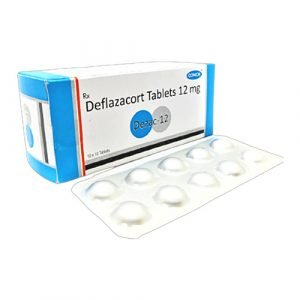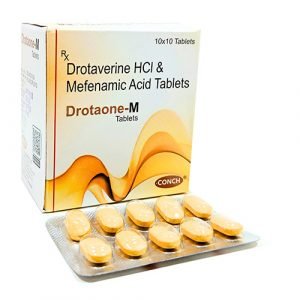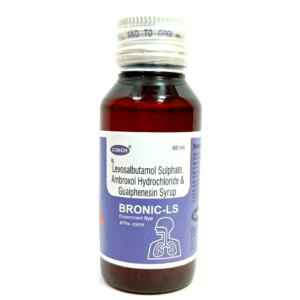Levocetirizine Dihydrochloride Tablets are a commonly used medicine for allergy relief. They are especially helpful for people who suffer from sneezing, runny nose, watery eyes, or itching caused by dust, pollen, pet hair, or other allergens. This medicine is known for giving quick and long-lasting relief, so you can go about your day without discomfort. It is often recommended for allergic rhinitis (hay fever) and skin allergies like hives.
The medicine works by blocking a substance in the body called histamine. When you come in contact with an allergen, your body releases histamine, which causes symptoms like swelling, redness, itching, and mucus production. Levocetirizine stops histamine from acting, which reduces these symptoms and makes you feel better. It works within an hour and its effect lasts for about 24 hours, so most people take it once a day.
How Levocetirizine Works?
Allergens trigger histamine release in your body. Histamine causes symptoms like itching, a runny nose, and swelling. Levocetirizine blocks histamine receptors, stopping the reaction. This reduces allergy symptoms and makes breathing easier.
Uses of Levocetirizine Dihydrochloride Tablets
Relieves Hay Fever (Allergic Rhinitis) – Helps reduce sneezing, runny nose, nasal itching, and watery eyes caused by pollen, dust, or pets.
Treats Skin Allergies (Urticaria) – Reduces redness, swelling, and itching caused by hives or other allergic skin reactions.
Soothes Eye Allergies – Eases itchy or watery eyes caused by seasonal or dust allergies.
Prevents Night-Time Allergy Disturbances – Helps control symptoms so you can sleep better without constant sneezing or itching.
Expert Advice For Levocetirizine Tablets
- Take it in the evening if it makes you sleepy.
- Avoid alcohol while taking this medicine, as it can make drowsiness worse.
- Keep hydrated to reduce dryness of the mouth.
- Store in a cool, dry place away from children.
- Avoid sudden stopping if you take it regularly for chronic allergies – ask your doctor first.
- Inform your doctor if you have kidney problems before starting the medicine.
- Not for very young children unless prescribed by a paediatrician.
- Avoid high allergy exposure, like dust or pollen, to get better results.
- Do not mix with certain medicines without checking with a doctor.
Possible Side Effects Of Levocetirizine Dihydrochloride Tablets
Levocetirizine Dihydrochloride Tablets are generally safe, but some people may have mild side effects. These are usually temporary and go away once your body adjusts to the medicine.
Common Side Effects
- Sleepiness or drowsiness
- Dry mouth
- Headache
- Tiredness or weakness
Less Common Side Effects
- Stomach pain or nausea
- Sore throat
- Dizziness
Rare but Serious Side Effects
- Swelling of face, lips, or tongue (allergic reaction)
- Trouble breathing
- Severe rash or itching
If you notice any serious reaction, stop taking the medicine and seek medical help immediately. Always follow your doctor’s advice and never self-medicate for long periods without guidance.







